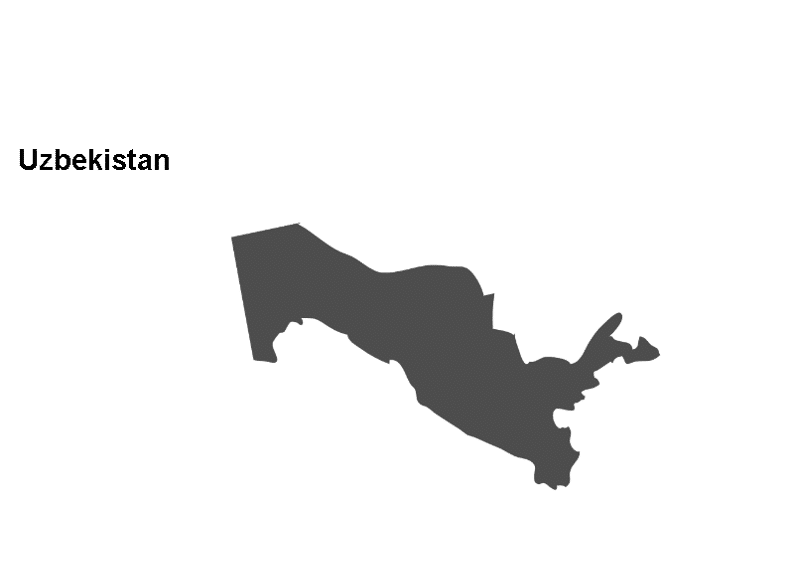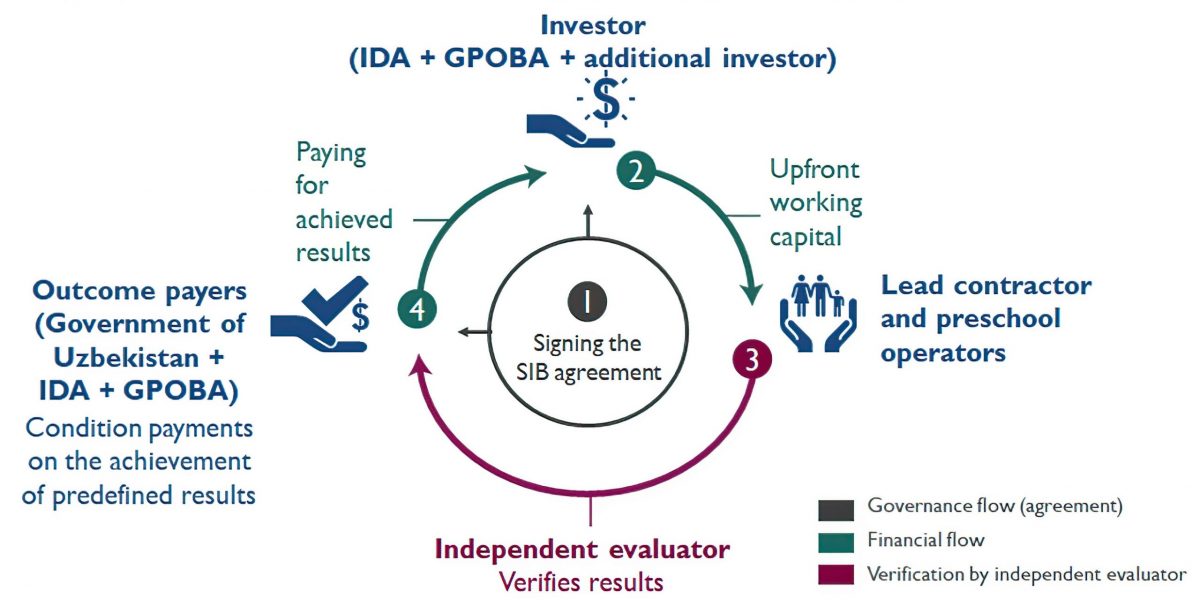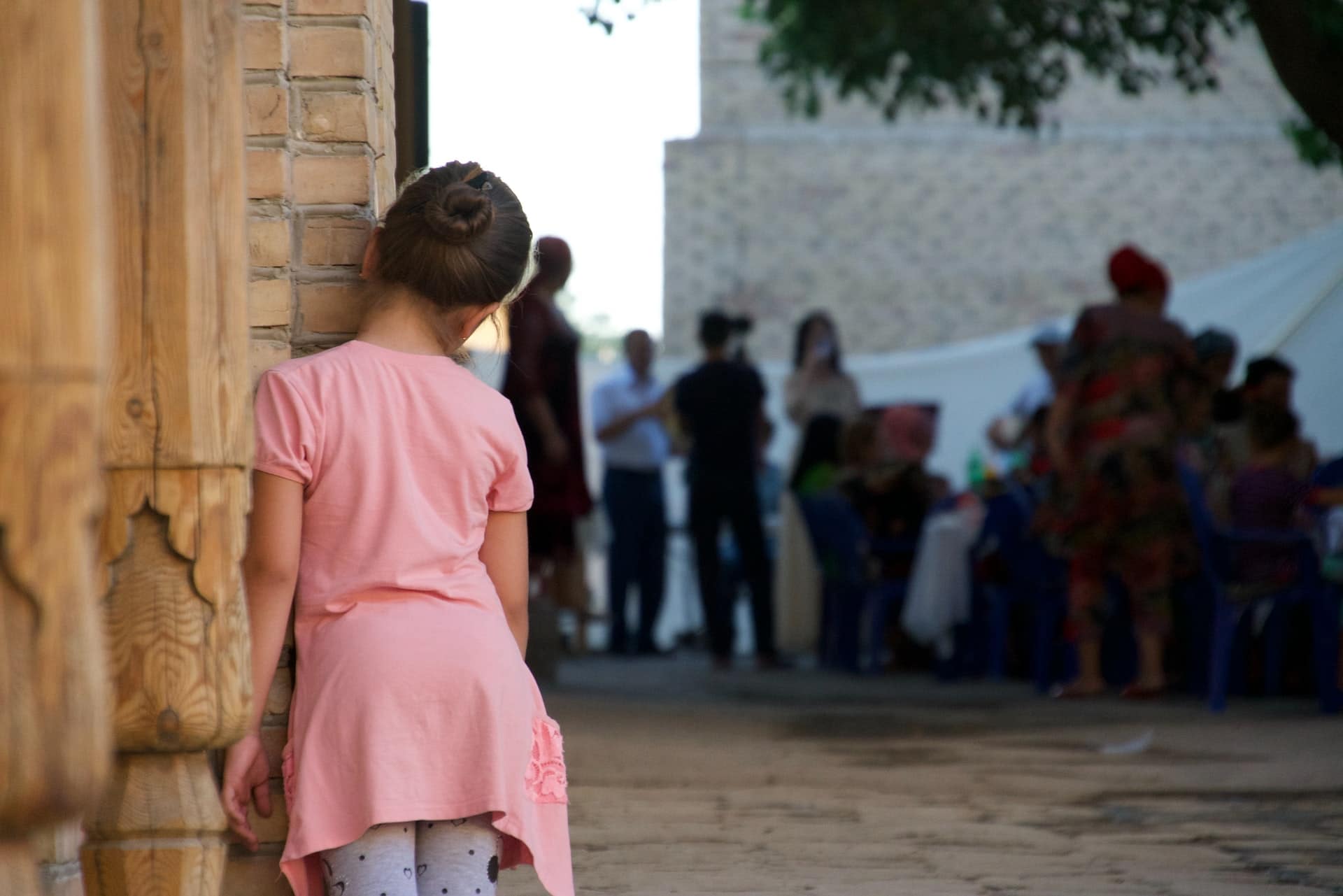
Instiglio worked with the World Bank in the design of a Social Impact Bond (SIB) for improving early childhood education in Uzbekistan. The SIB aims to do so by supporting around 200 public-private preschool schools in providing equitable early childhood education access and quality. This will allow the Government of Uzbekistan to redirect its spending towards rural education, where public resources are essential. In addition, it will allow the World Bank to crowd-in and pool investors’ funds to finance the initial capital for the operation of these preschools.
Country
Uzbekistan
Timeline
2018
Type of Project
RBF Design or Implementation
Sector
Education
project description
In 2017, and despite constant investment, less than 30% of children between the ages of 3 and 7 in Uzbekistan were enrolled in preschools, a low percentage relative to other countries. In addition, the learning environment and the quality of education in preschools were not optimal. There teacher-student ratios were high, teachers lacked the necessary education, and infrastructure and equipment were not sufficient for providing good learning environments. Furthermore, regularly assessing the quality of preschool education was difficult since there was no system in place for doing so.
The Promoting Early Childhood Development Project, currently under implementation by the World Bank in Uzbekistan, aims to address these challenges. Its goal is to promote access to early childhood education, improve preschool learning environment quality, and establish education quality measurement systems. As part of this project, Instiglio worked with the World Bank in the design of a Social Impact Bond (SIB) to promote the expansion of high-quality educational services in urban areas in Uzbekistan. The SIB aims to do so by supporting around 200 public-private preschool schools in providing equitable early childhood education access and quality.
Under this mechanism, investors provide the necessary funding for the development and operation of preschools and will be repaid by the Government of Uzbekistan based on the preschools’ performance in promoting access and creating high-quality learning environments. In turn, a lead contractor receives the funds from the investors and provides the necessary services to preschools to improve their quality. Thanks to using a Results-Based Financing approach, the program encourages investors and preschool operators to focus on results and provides them with flexibility to adapt pedagogical models. In addition, this allows the Government of Uzbekistan to focus its spending on rural education, where public resources are essential. It also allows the World Bank to crowd-in and pool investors’ funds to finance the initial capital for the operation of these preschools.



